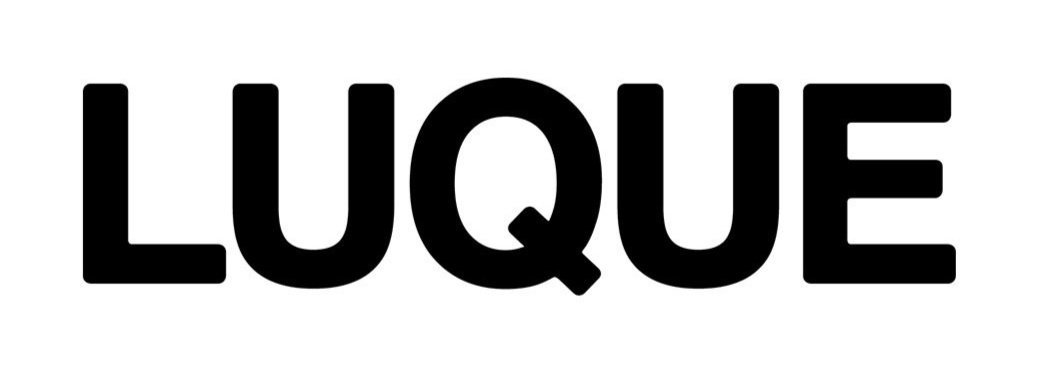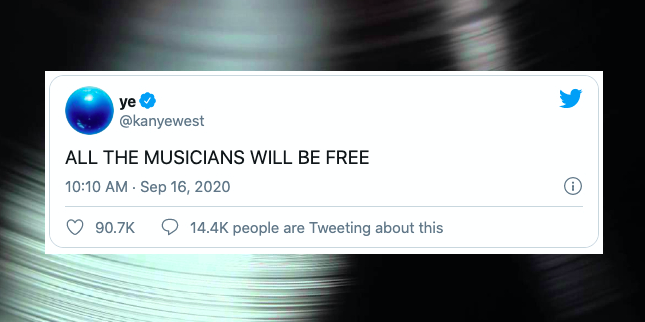What Yeezy taught us about record deals
Last month, Kanye put the record industry on blast for its infamously predatory contracts. West released 112 pages of his early contracts via Twitter. The results were illuminating, but not overly surprising. One key takeaway was just how many albums a young Kanye promised to Roc-A-Fella (now Island Def Jam). West’s 2005 contract specifies 6 “options” following his debut album The College Dropout.
So what is an option? What can an artist learn from Kanye’s career?
In a record deal, the label (or option holder) has first dibs on additional albums from an artist given that there is success on the first album and the label sees profitability or further potential. That’s why it’s an option – if the initial album flops or the label loses interest in working with the artist, then the label is not obligated to support future records. However, if the label does want your next project, then the choice is typically no longer in the artist’s hands. When an artist agrees to a deal with option periods, they are agreeing, in advance, to give the label the rights to release their future projects.
In the best case scenario, your debut album does great: listeners stream and download your project, buy vinyl and merch, and go to your concerts (or watch your streams for now). Your label invests in and amplifies this success with good press, sync deals, playlist features, brand partnerships, and more.
Kanye’s case shows how a good deal is about what you, the artist, want. A deal with a label could offer an artist a lot of key connections including radio placements. Radio still has value today, but stretched even farther in 2005, when radio plays were key to sales. In short, contracting with a label for multiple projects at once can be a way to ensure you have the resources you need to build your career as a musician.
On the flip side, in the worst case scenario for multi-option deals, a label can mismanage your promotion, undergo internal restructuring, or simply refuse to supply the additional resources you may need. In these scenarios, there’s often little room for an artist to break out of the contract.
When Kanye agreed to release The College Dropout with Roc-A-Fella, he also agreed to 6 option periods. This meant for the next 6 albums, Yeezy was bound to one label. 2016’s The Life Of Pablo, was the last album Kanye released under his 2005 contract. It took almost 11 years for one of the largest artists in the world to get out from under a single contract. The deal that sounds good upon signing is likely not going to be the same deal you want to be bound to a decade later.
On the one hand, an “option” can be great for a musician. If the label has the resources needed to make your project happen and reach listeners, the guarantee of an option provides a certain level of security. But if you’re not careful before signing a contract, you can easily become trapped in a predatory multi-year deal with little ability to renegotiate important things like royalties, advances, and recording fees.
For most artist deals today, it is rare to see a deal with more than 3 option periods.
If you’re a musician considering a deal with a record label, here are some key questions before you sign:
1) Are you getting everything you need in the deal? Note that Ye likely had to lay out his case for why his recording budget would be so high. Maybe you're an artist who needs a big video budget or wants to release a live album - make sure these items are covered! Understanding what you need first is key to making sure you get it.
2) If you choose a larger advance in exchange for additional Options, then who is entitled to this money? Get the receipts! Many labels will try to hide their costs in your advance. Be sure to ask for invoices on all dues that will be owed by you and always try to be aware of any hidden costs.
3) Lastly, how many options do you feel comfortable signing? You ultimately should only sign for as many options as you are comfortable with. When releasing a debut album, your 4th or 5th release is likely not on your mind. Be wary about putting those albums in your contract!
This information does not, and is not intended to, constitute legal advice. All information, content, and materials are for general informational purposes only. No reader should act, or refrain from acting, with respect to any particular legal matter on the basis of this information without first seeking legal advice from counsel.

